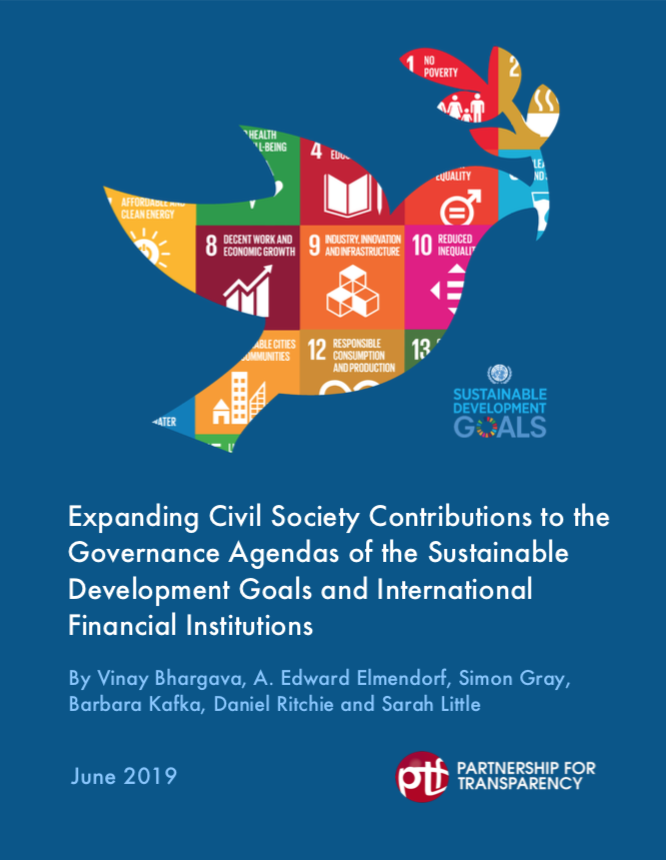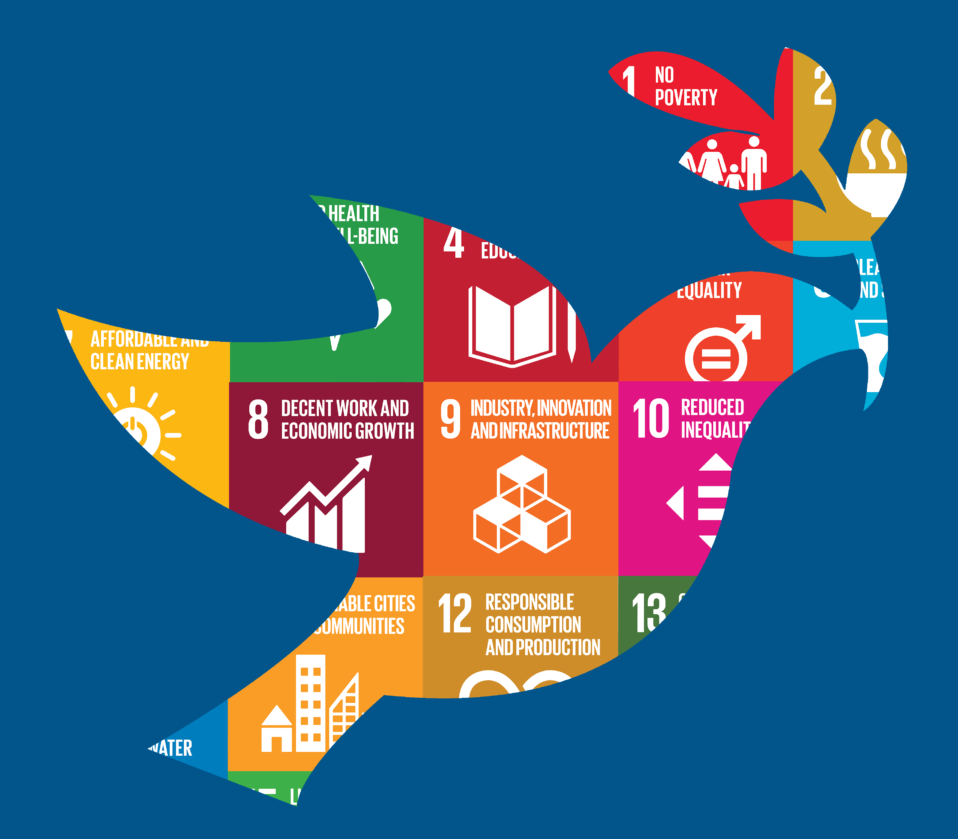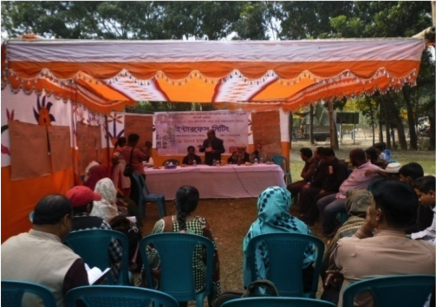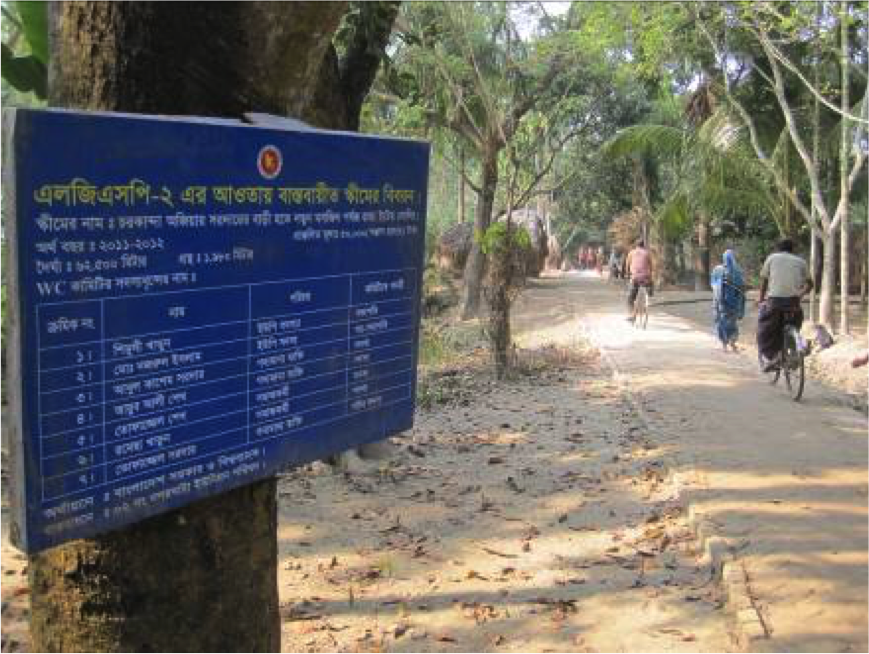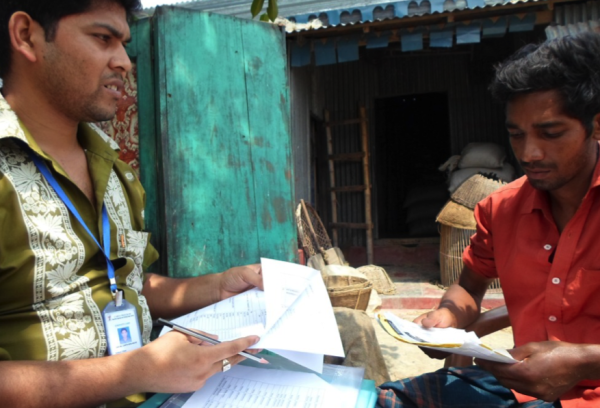SDG16 Action
Expanding Civil Society Contributions to the Governance Agendas of Sustainable Development Goals and International Financial Institutions
Expanding Civil Society Contributions to the Governance Agendas of Sustainable Development Goals and International Financial Institutions is a resource to understand the potential contribution of civil society and provide recommendations for how it can be realized. The report examines the various roles CSOs play in improving government transparency, accountability and inclusiveness and controlling corruption, reviewing the evidence on what works and what does not. It presents analysis and evidence-driven recommendations to accelerate progress.
PTF calls for international financial institutions, donors and philanthropists to expand support for CSO programs to achieve SDG 16 targets for more transparent, inclusive, corruption free and accountable government services and institutions
PTF calls for international financial institutions, donors and philanthropists to expand support for CSO programs to achieve SDG 16 targets for more transparent, inclusive, corruption free and accountable government services and institutions
Our Services for International Financial Institutions
Our History
Independent Evaluations
Bangladesh Rural Water Supply and Sanitation Project (BRWSSP)
The Bangladesh Rural Water Supply and Sanitation Program (BRWSPP) is funded by the World Bank and has a lifespan of four years, from July 2012 to June 2016. The project aims to ensure reliable access to arsenic-free, safe water in the rural areas of Bangladesh. The BRWSSP project included the construction of water supply systems, technical assistance for stakeholders and …
Local Government Support Project (LGSP II)
Bangladesh’s Local Government Support Project (LGSP-II) is a national decentralization plan that aims to strengthen local governance. LGSP II provides grants to Union Parishads (UPs) – the oldest and most local government system – so the community can determine which public projects serve them best. Thus, the main purpose of the project is to build the capacity …
Rural Electrification and Renewable Energy Development (RERED II)
The Rural Electrification and Renewable Energy Development (RERED II) is a publicly funded project aimed at increasing access to electricity through Solar Home System (SHS) in “off-grid” rural areas of Bangladesh. Although it has been recognized as one of the largest and fastest growing off-grid renewable energy programs in the world, policy and operational challenges …

